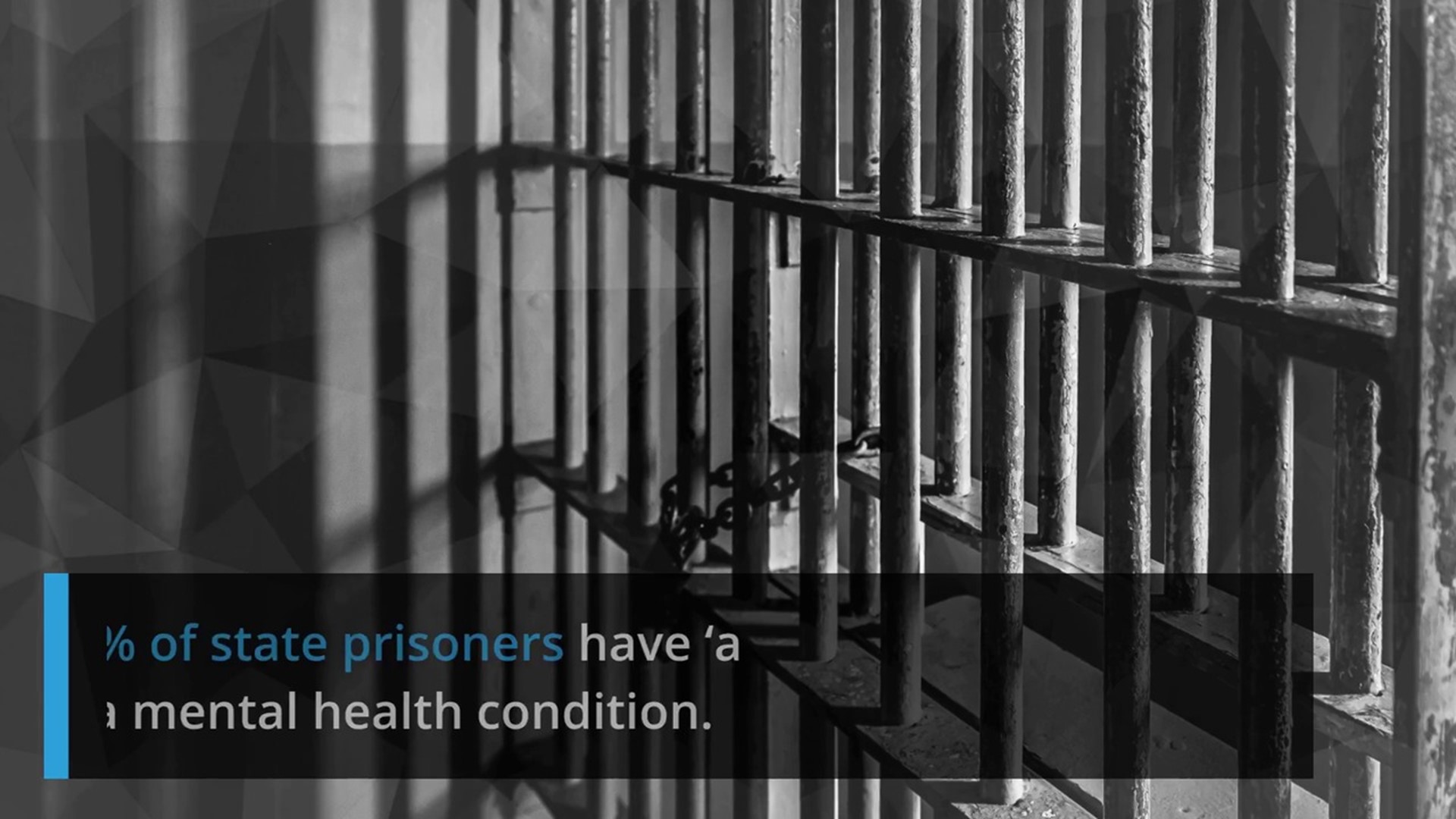Sponsored Story By Reid Community Benefit
All too often, people casually throw around hurtful words to describe others: stupid, crazy, weirdo. Those who speak them may mean nothing, but words hurt. After all, everyone knows the truth behind the lines of “sticks and stones.”
These hurtful terms refer generally — and inaccurately — to someone’s mental health, but people with mental health concerns aren’t unusual or on the fringes of society: They’re 1 in 5 of us. They are our friends, family, work colleagues; they are us.
Using judgmental or cruel words, even jokingly, to describe others perpetuates stigma against mental illness.
“Stigma refers to a set of negative attitudes and beliefs that motivate individuals to fear, reject, avoid, and discriminate against people with mental illness,” according to a study published by the National Institutes of Health. Stigma leads to discrimination and segregation, according to the NIH study.
Stigma also prevents people from seeking care that will improve their lives — their involvement in society, their outlook, their sense of self. When people with mental illness receive treatment, they can often function well in jobs, family and social circles, and lead satisfying lives.
However, too many times people with mental illness do not seek treatment because they are afraid of how it will look, they don’t have support, or they don’t know where to turn. They may also be unable to find adequate care.
A lack of treatment for mental illness can lead to hospitalization, high risk of having other chronic medical conditions (leading to earlier death) and suicide, according to the National Alliance on Mental Illness. Students ages 14 to 21 with mental health conditions have higher rates of dropping out of school compared to their counterparts.
Mental illness is often tied to social issues, as statistics collected by NAMI show:
“An estimated 26 percent of homeless adults staying in shelters live with serious mental illness; approximately 20 percent of state prisoners have ‘a recent history’ of a mental health condition; 70 percent of youth in juvenile justice systems have at least one mental health condition and at least 20 percent live with a serious mental illness.”
With lives on the line, it’s vital that everyone works to end the stigmas surrounding mental illness.
An important step is simply being open to and encouraging conversations about mental health, according to NAMI. Part of that includes getting rid of the habit of using negative language, like those mentioned above, in any setting. That also includes not casually referring to yourself as “OCD,” for example, if you just like things neat. This minimizes the reality for someone who has that mental health condition.
Speak up if you hear others talking negatively or perpetuating stigma, NAMI says. Use what you know to increase others’ awareness. Tied to this is also being aware of what you don’t know. Seek out information about what various mental health disorders are like and talk to those you meet who deal with them. Ask what they experience and how they feel.
Be open to just listening. Being supportive doesn’t mean having the answers; it means showing you care by taking the time to listen. You can offer help by asking if they have sought out professional care or by following up if you notice warning signs.
Take the time to learn more, talk to others and share what you know. Be a force for good in removing stigma surrounding mental illness.
Reid Health works to provide treatment and promote health and healing as a response to residents' needs. Mental health has been identified as a top need in six counties in the Reid service area, so it promotes mental, emotional and behavioral wellbeing in those communities.
Cathy Carmode Lim is the founder of RatedReads.com, a website that reviews books and gives them ratings according to content. She is also a copy editor and writing coach and blogs at LifeandLims.com.

